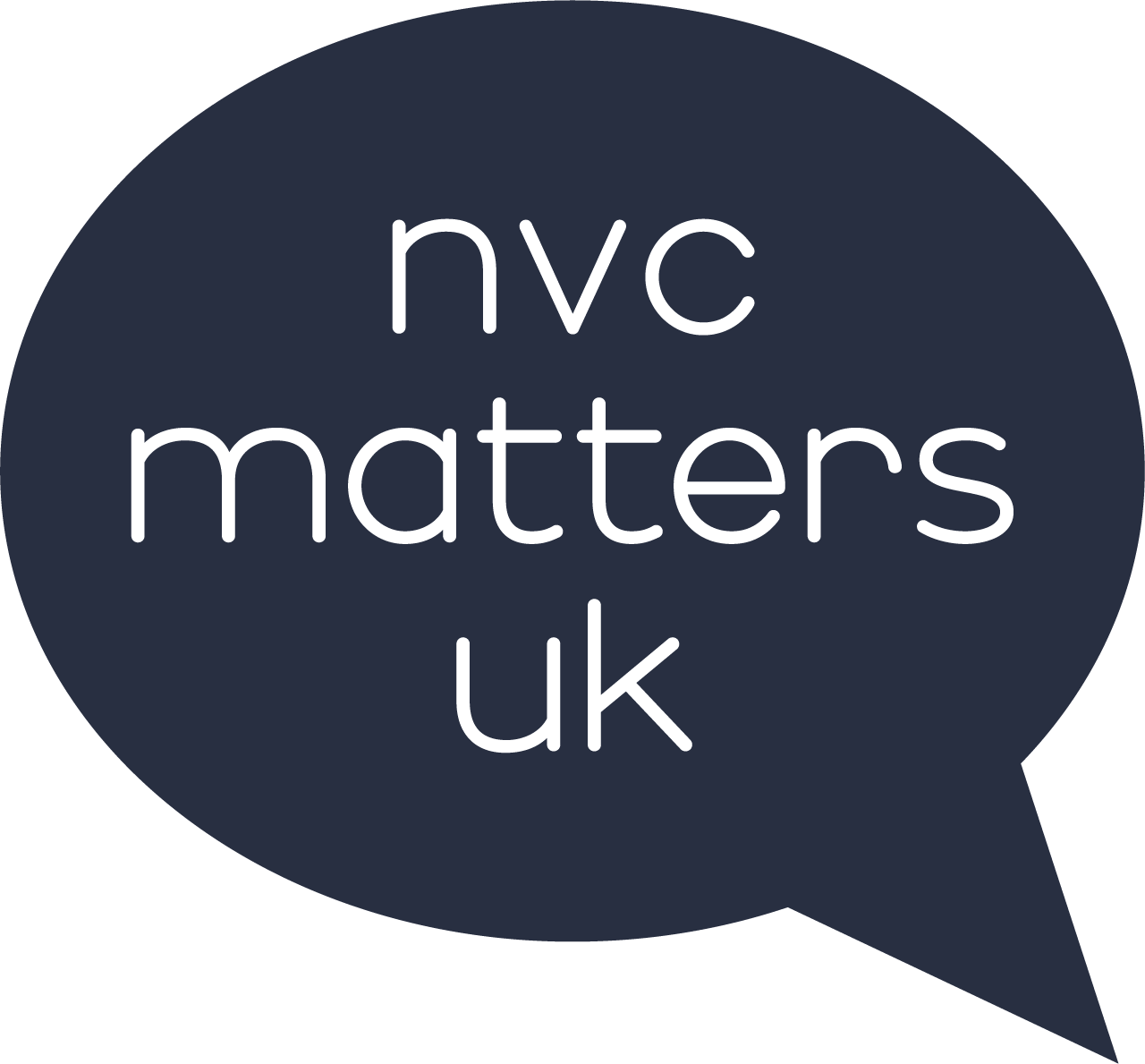New to NVC
Nonviolent Communication (NVC) is a process of communication that can be compassionate yet fierce - staying truly authentic to our deepest values. It was developed by psychologist Dr Marshall B. Rosenberg. It can support you to get better at speaking up, relating to people who appear different to yourself and building resilience in the face of conflict. It is a tool for personal development, relating to others and a vision for a much more inspiring and fun world to live in.
At its simplest, it is a four step communication process; in its fullest lived consciousness, it is a path for creating the more beautiful world we all want to live in.
how can I benefit?
how can I benefit?
Those who learn report...
- Discovering relief in learning how to speak up in ways that help rather than hinder connections - both at work and at home
- Getting much clearer about what it is that really matters to themselves and to others
- Learning how to listen for and guess the needs of the child or adult speaking - helping them to feel heard
- Having better means of finding solutions that work for all
what will I learn?
Some of the skills you will learn are...
- Identifying and transforming the judgements that weaken relationships into useful guides to build bridges
- Working towards authentically conveying your intention with improved likelihood of being received gratefully
- Making and receiving requests without ‘giving up’ or ‘giving in’
- Genuinely including everyone involved, because "getting your way" costs everyone in the long run
- and so much more!
what will I learn?
what could I do next?
what could I do next?
Some next steps could be...
- Read Marshall Rosenberg’s book ‘Nonviolent Communication: A Language of Life’ and/or watch some online videos.
- Enrol onto a Foundation Training or organise an NVC Facilitator to deliver a bespoke training for your group.
- Ask an NVC Facilitator to support you with one-to-one mentoring or coaching; or if you have reached an impasse with someone and need support, request NVC mediation...
"All that has been integrated into NVC has been known for centuries about consciousness, language, communication skills, and use of power that enable us to maintain a perspective of empathy for ourselves and others, even under trying conditions." Marshall B. Rosenberg
